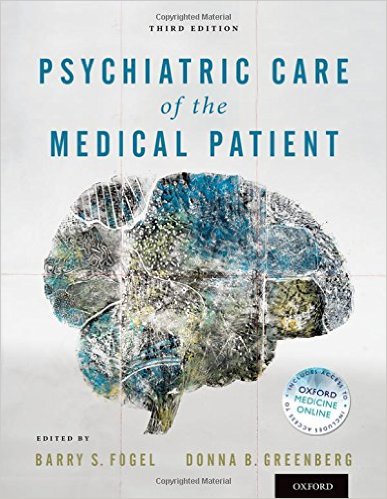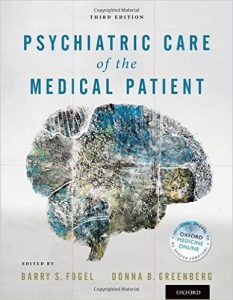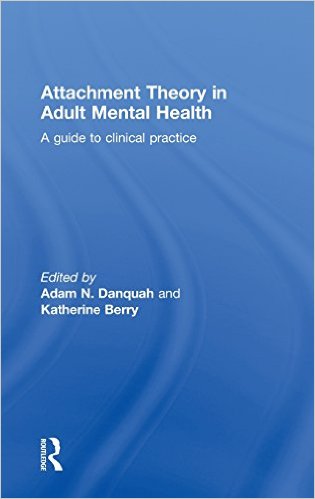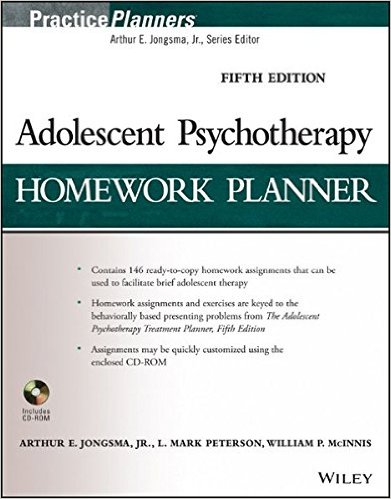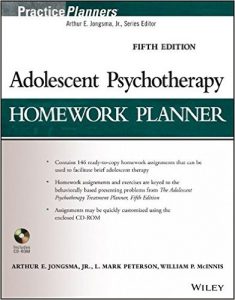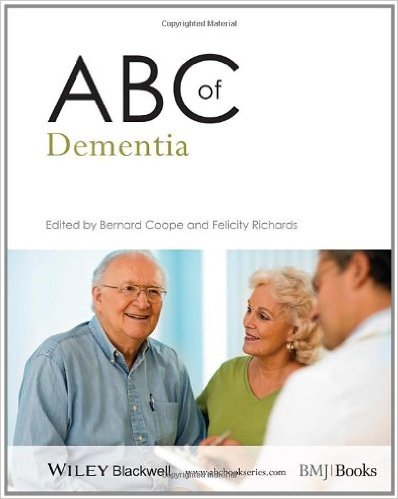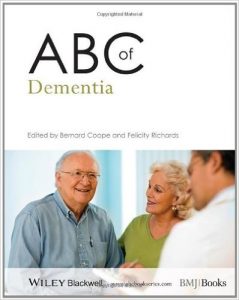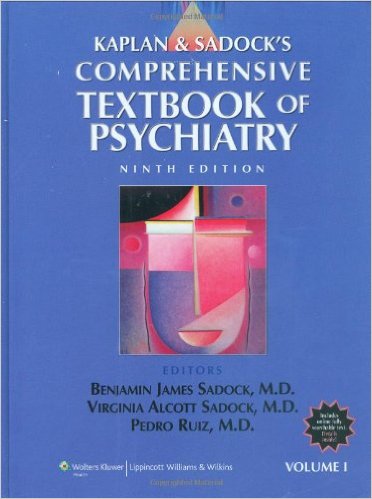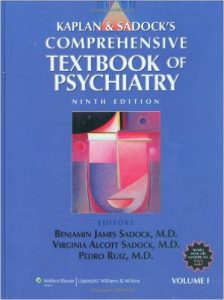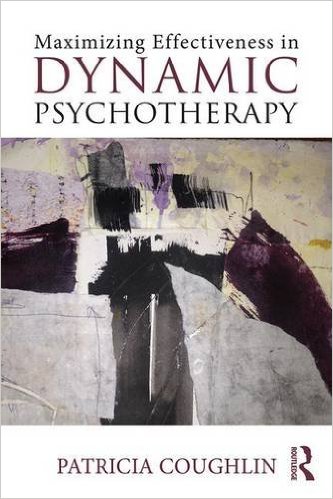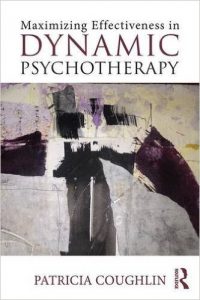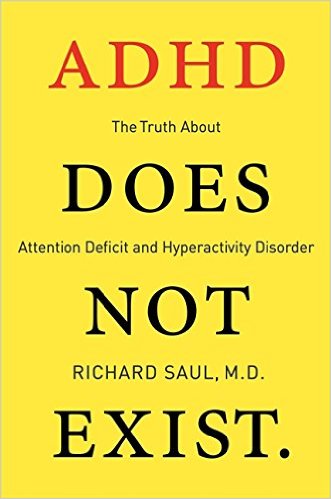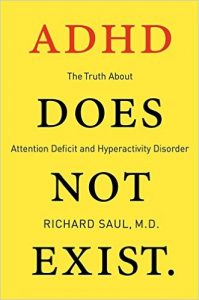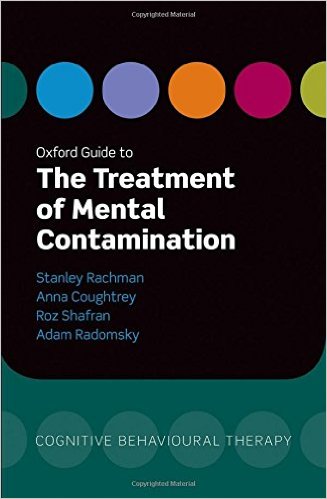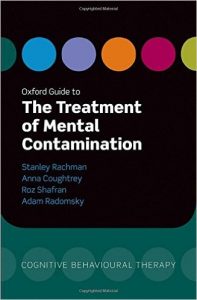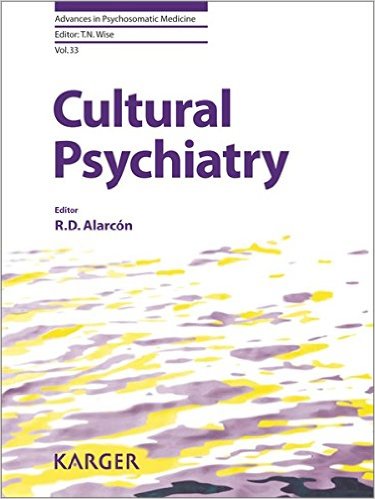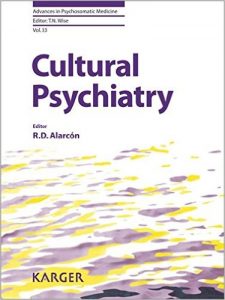Autism, The Way Forward: A Self-Help Guide to Teaching Children on the Autistic Spectrum
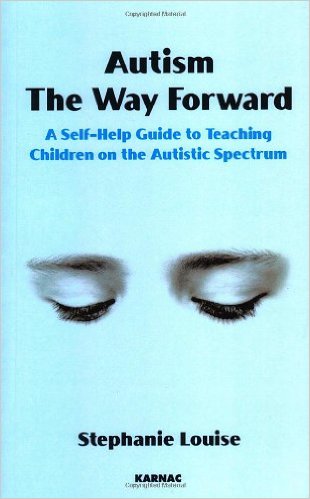
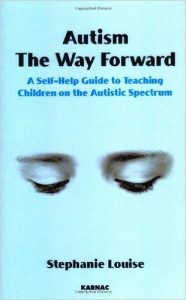
[amazon template=iframe image2&asin=185575598X]
This book was written for all those families, who, due to lack of funding, are unable to access therapeutic means of intervention.
The book is written as though it were a therapy session, with would-be problems dealt with as they arise. The journey this book takes its readers on is a journey into the heart of a treatment process, albeit an imaginary one, where the daily problems that one may encounter on such a program are worked through using behavioral modification and psychotherapeutic methodology. The book explains what may be going wrong on the program, what to do to test assumptions, and what to do when all else has failed. The book works from the premise that children with autism are not immune from emotional upsets and goes on to demonstrate how other forms of interventions can be combined and be shown to have positive results. The case histories within the book are altered ever so slightly so as not to distort the facts but rather to protect the children from being identified.
DOWNLOAD THIS BOOK FREE HERE

